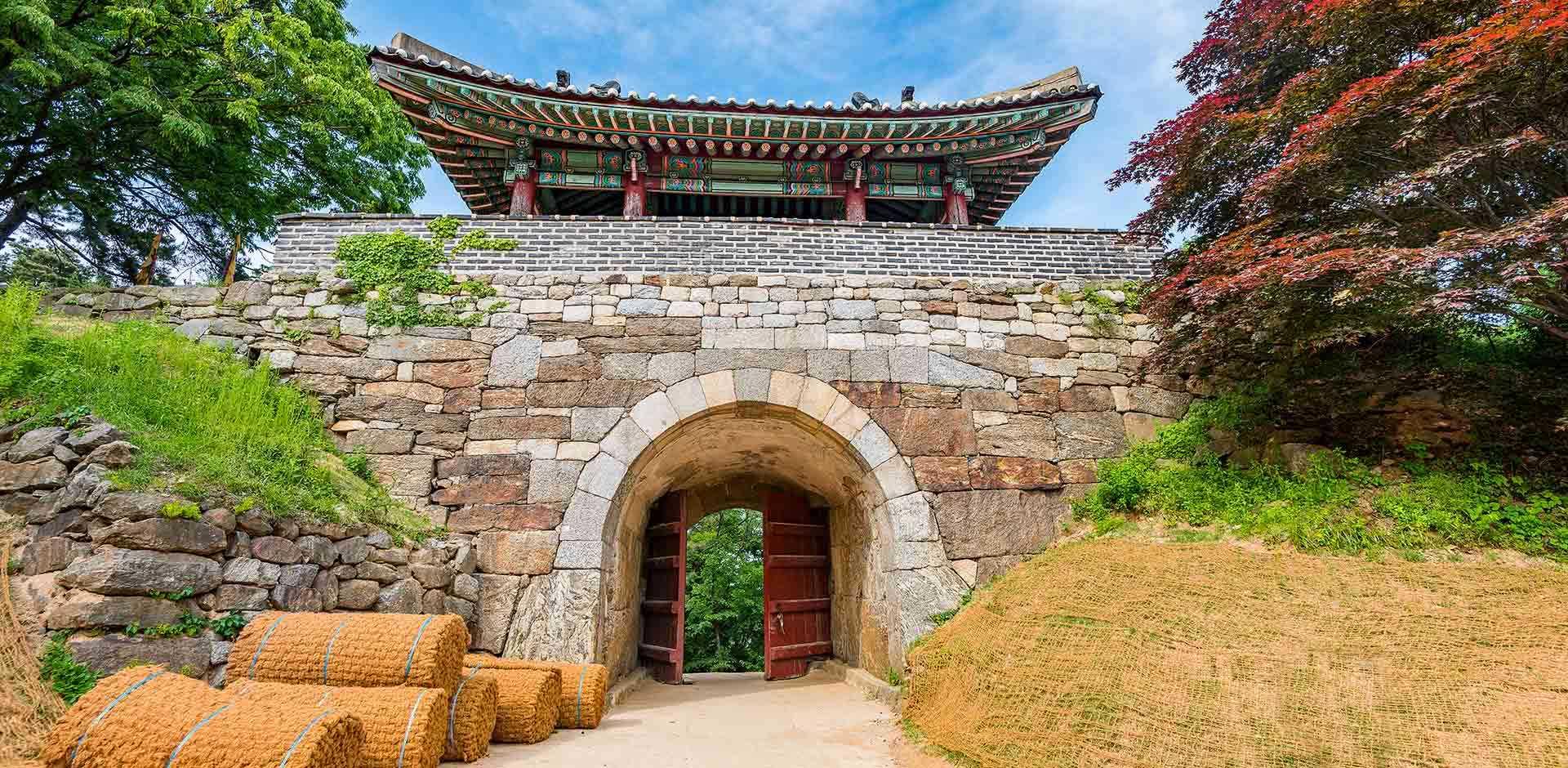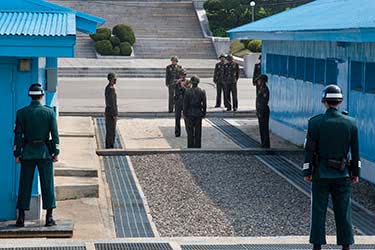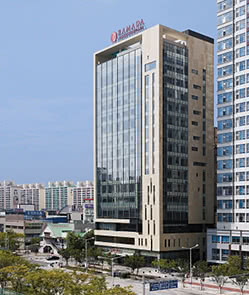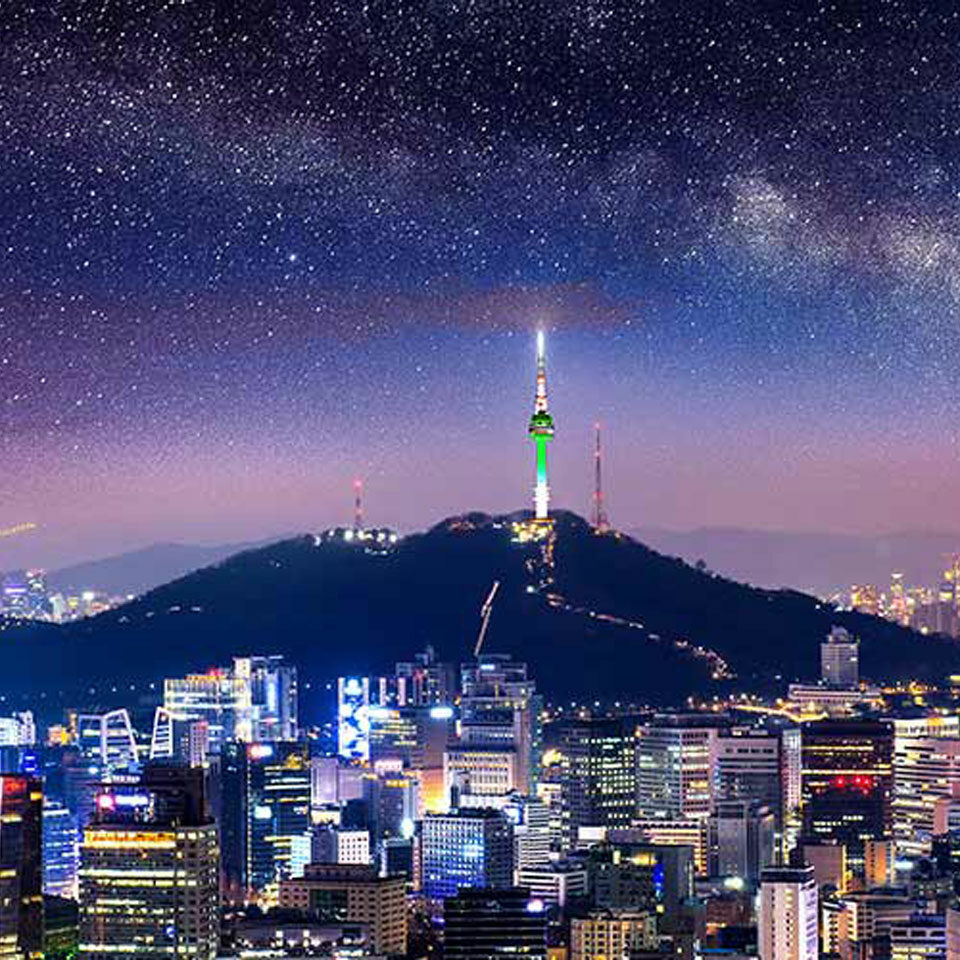
Gwangju
Today, Gwangju is a pleasant, comfortable city that is known as the "Home of Delicacies" - and for good reason. Not only are its streets named for ingredients - Duck Street, Raw Fish Town - every fall, it hosts an annual kimchi festival. Its safe, friendly streets host a variety of attractions, from teeming markets hawking electronics to a lively restaurant, bar, and nightclub scene.
Experiences
A handpicked selection of experiences endorsed by our experts. If you can’t see what you’re looking for, let us know, as our extensive network of local contacts can open many doors.
Kimchi
Learn how to make kimchi, the national dish of Korea, with a well-known local chef. This ubiquitous dish, in which a wide array of ingredients are pickled and preserved, varies by region. Due to Gwangju’s coastal location, fresh oysters and seaweed are often included in the fermentation process, along with chilies, herbs, radish and pear.
Naganeupseong Folk Village
Visit Naganeupseong Folk Village, which is centered around a 600-year-old fortress. The rustic village is still inhabited and there are over 100 authentic thatched-roof houses; while several are businesses, most are home to the roughly 85 families who live here. Tour the area with an architecture expert and learn more about traditional Korean architecture.
Rice Farming
Share a cup of tea or a meal with a rice farmer and his family to learn more about issues unique to agrarian life in present-day South Korea. This experience will illuminate the pressures that Korea as a whole faces, and also provide insight into why the Korean word for rice, bap, also means “a meal.”
Tea Plantations
Hike through Gwangju’s verdant tea plantations. While green tea is the primary crop of the area, Koreans also brew tea from persimmon leaves, mulberry leaves, pine needles, roasted barley, ginseng root, and other natural ingredients. Have a private tasting with the owner of the plantation, who will create a personal blend for you to take home as a keepsake of your journey.
South Korea Regions
Explore in-depth information, experiences and highlights by navigating to specific regions using the links below.
Multi-Country Specialists
South Korea Goes Well With




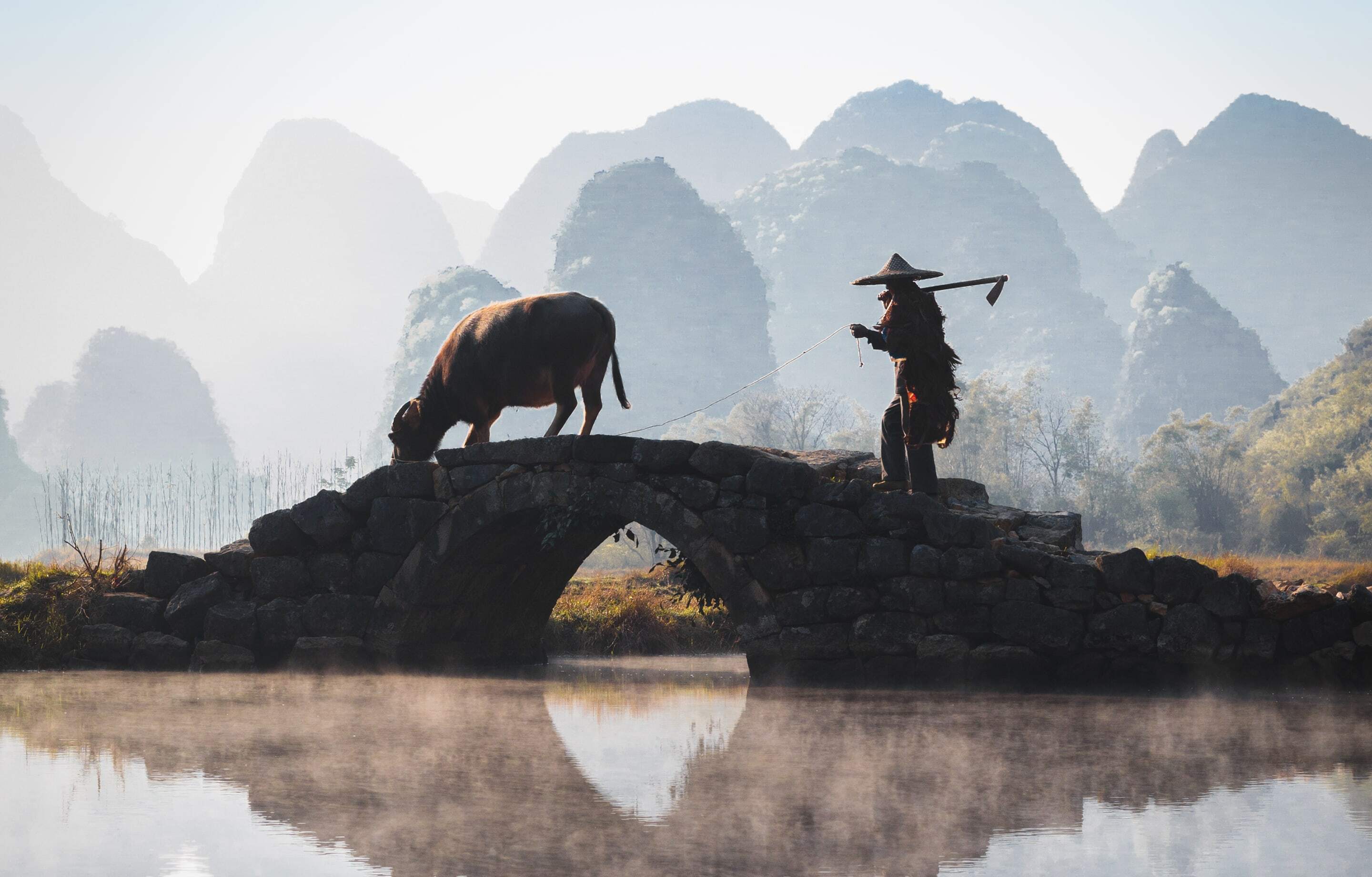
Exclusively Asia
With Remote Lands you'll travel with people who have made Asia the solitary focus of their own lifelong adventure. As our guest, you'll discover Asia on a journey that is completely, authentically your own, adapted from our own remarkable experiences and adventures over the years.
With Remote Lands you'll travel with people who have made Asia the solitary focus of their own lifelong adventure. As our guest, in the continent that our north American founders Catherine and Jay have adored and explored for decades, you'll discover Asia on a journey that is completely, authentically your own, adapted from our own remarkable experiences and adventures over the years.
Travelogues
An Asia-focused magazine brought to you by Remote Lands - a platform for adventure, luxury, and authenticity from experts and explorers around the continent.
LGBT Travel in South Korea
- Author
- Remote Lands
A fascinating land of ancient traditions, cutting-edge modernity and a chequered past, South Korea boasts a rich tapestry of culture and its LGBT history is no less interesting.
5 South Korean Destinations to Put on Your Fall Foliage Bucket List
- Author
- Travelogues
South Korea is the casual hikers’ paradise, and the trees and mountains in the fall turn the entire peninsula bright yellow and red.
Seoul for Art Lovers: From the Gallery to the Street
- Author
- Travelogues
Seoul is the heart of contemporary art in South Korea, so whether you’re looking for high art at SeMA or graffiti in Ihwa Mural Village, Seoul has an answer for the art lover.
What Others Say
Here is a small selection of the kind words our clients have said about us recently.
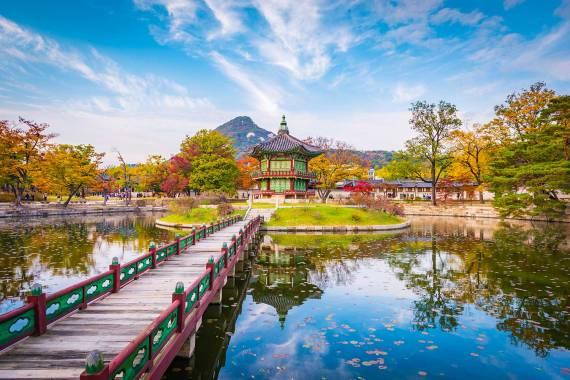
Friends from Washington DC and New York
The guides they selected were very good and, in three cases (Seoul, Hoi An/Hue, and Angkor Wat) simply outstanding.
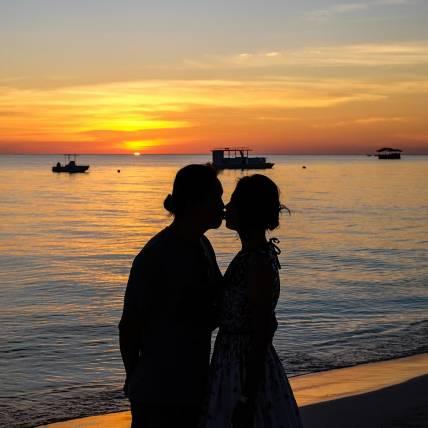
A couple from Guangzhou, China - Aman Jet Expedition 2017
We will still remember every beautiful and remarkable moment you created for us during the trip for years to come.
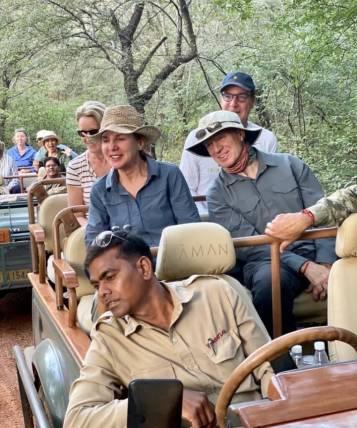
Wendi & Brian, Austin TX
This was truly the trip of a lifetime. Magical destinations, the most luxurious hotels in the world, and the most wonderful travel companions we could’ve wished for. We were treated like family everywhere we went and we have 14 new best friends.
